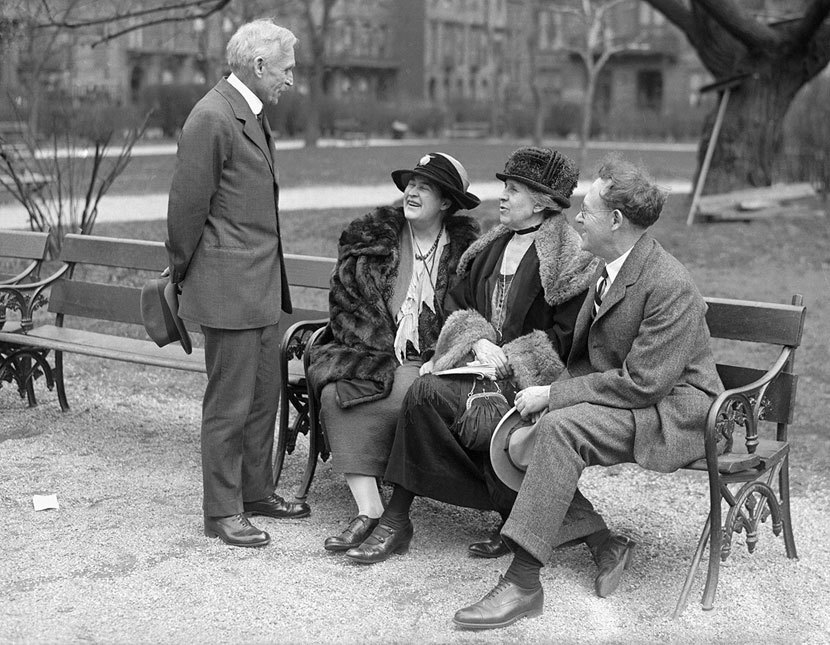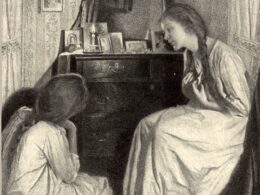Ida M. Tarbell (1867–1944)
From American Women’s Suffrage: Voices from the Long Struggle for the Vote 1776–1965

“Ida can still be admired, but she has to be explained.”
Thus ends Emily Arnold McCully’s 2014 biography of Ida M. Tarbell, the muckraking journalist who almost single-handedly brought down the monopolistic Standard Oil Company in the early 1900s with a series of articles exposing illegal schemes and backroom deals designed to drive its competitors out of business. What must be explained is how Tarbell—who believed that any woman should be able to “study what she chooses, come and go as she will, support herself unquestioned by trade, profession, or art, [and] receive a respectful attention on platform or before legislature”—was opposed to women’s suffrage.
Ultimately, Tarbell argued that the fight for the right to vote was a distraction to the cause of economic and social justice—that women’s energies would be better spent on other causes. “It is not bigotry or vanity or a petty notion of their own spheres which has kept the majority of women from lending themselves to the radical wing of the woman’s movement,” she wrote, defending the opponents of the Nineteen Amendment. “It is fear to destroy a greater thing which they possess. The fear of change is not an irrational thing.”
Although she defended her earlier opposition to the end of her days, she admitted in an article published in 1924, four years after passage of the amendment, that its effects were more positive in such a short period than she had believed possible. She now opposed those who thought women’s suffrage was already a failure: “No, the hasty-wits are wrong,” responding to critics who claimed nothing had improved. “It has always taken time to change a habit, to reform a settled attitude toward life, to grow a political mind.” What particularly impressed her was the increased involvement of women in local politics. She outlined evidence of this shift that she had seen in her travels across the country, and she urged women to vote and not to give up hope.
We present that article, “Is Woman’s Suffrage a Failure?,” as our Story of the Week selection.



